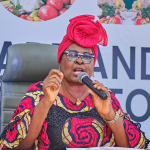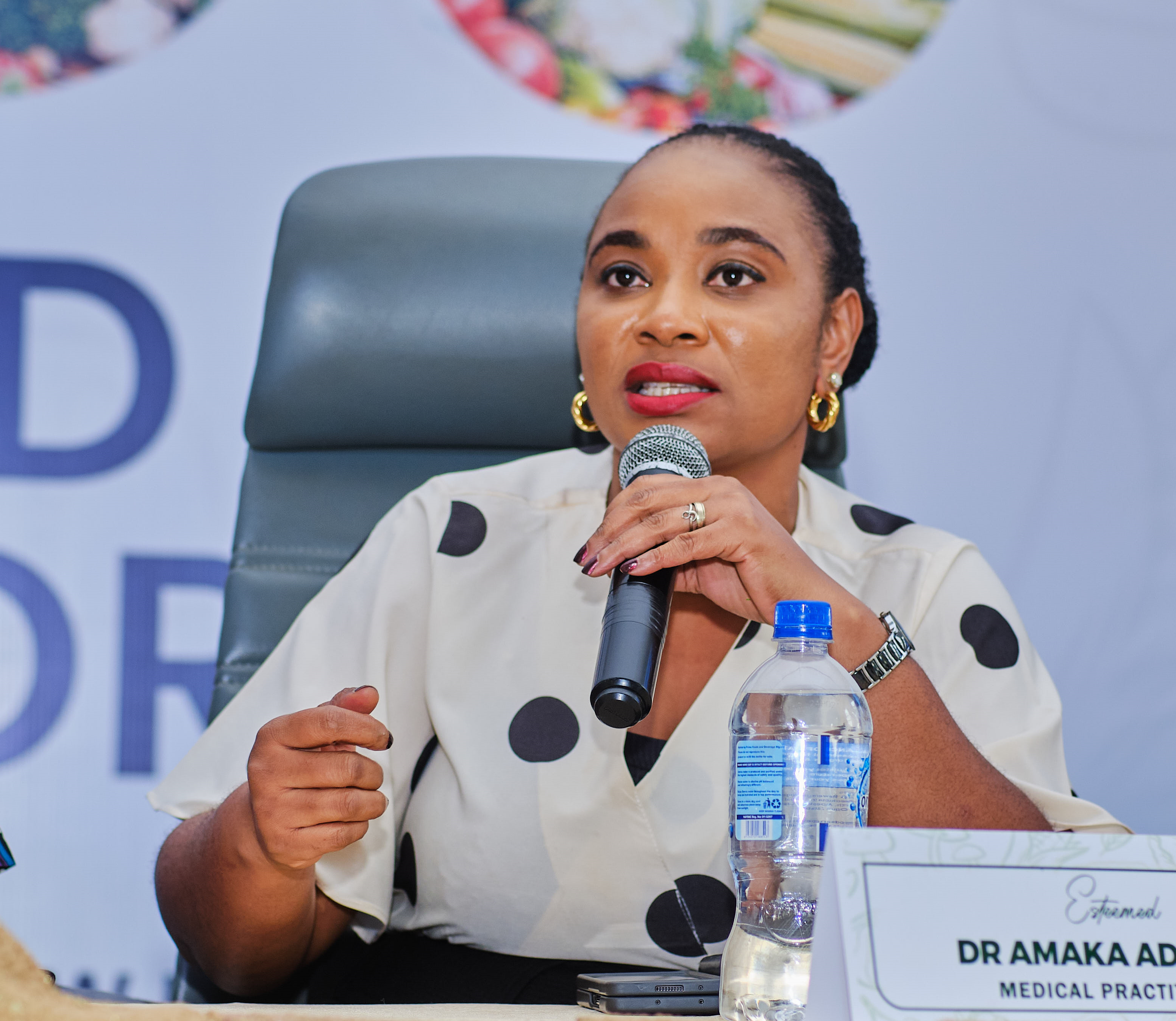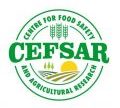- ABOUT CEFSAR -
watch the
video

-OUR PROFILE-
CEFSAR is a non-governmental organisation established to serve as a think tank group and collaborative front to promote sustainable agricultural practices, conduct research in collaboration with academic institutions, and promote investments in the agricultural sector globally.
-OUR MISSION-
At CEFSAR, our five primary objectives are to Preserve Native Seed Varieties, Research Sustainable Agriculture Practices, Promote Agroecological Farming Systems, Support Local and Indigenous Farming Communities, and Educate Farmers and Stakeholders in our immediate society.
01
Preserving Native Seed Varieties
Work towards preserving natural biodiversity by focusing on the conservation of native and heirloom seed varieties. This includes collecting, cataloging, and safeguarding traditional seeds that contribute to the diversity of crops in agriculture.
02
Research on Sustainable Agriculture Practices
Conduct research on sustainable agricultural practices that promote biodiversity without resorting to genetic modifications. This involves exploring and promoting farming methods that maintain soil health, protect pollinators, and preserve diverse ecosystems within agricultural landscapes. Additionally, promote bioresource utilization and ecological conservation. Publish and maintain academic research journals pertaining to food safety, policy and security, the promotion of bioresource utilization, ecological conservation of species, and the environment.
03
Promoting Agro-ecological Farming Systems
Advocate for and develop agroecological farming systems that integrate biodiversity conservation into agricultural landscapes. This objective seeks to establish farming practices that mimic natural ecosystems, fostering a balance between crops, beneficial insects, and other organisms.
04
Supporting Local and Indigenous Farming Communities
Collaborate with local and indigenous farming communities to promote and protect traditional farming methods that contribute to biodiversity. This involves providing support, training, and resources to ensure the continuation of sustainable agricultural practices.
05
Educating Farmers and Stakeholders
Conduct outreach and educational programs to raise awareness about the importance of preserving natural biodiversity in agriculture. This includes training farmers, stakeholders, and the general public on the value of diverse ecosystems, the risks associated with monoculture, and invasive alien species, and the benefits of non-GMO in agriculture and food systems, as well as biodiversity-friendly farming practices.
thought provoking quotes
What People Say
A highlight on some of the striking thoughts been shared during our various events, you can confirm that these are TRUTH






-PATENTS AND POWER-
THE HIDDEN COSTS OF GMOs
ON FOOD SOVEREIGNTY
A publication by CEFSAR on the hidden costs of GMOs on food sovereignty.
